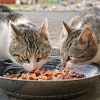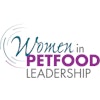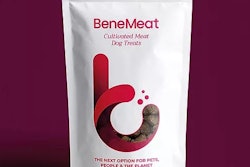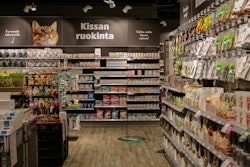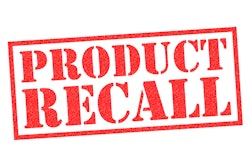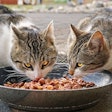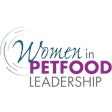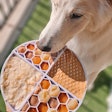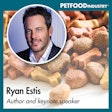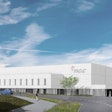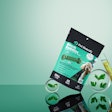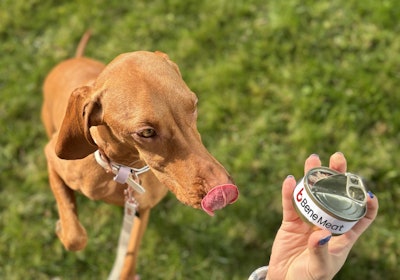
Czech start-up Bene Meat Technologies has released the first comprehensive life cycle assessment (LCA) study focused on the industrial cultivation of meat.
This study, developed in partnership with researchers from the Technical University in Prague and peer-reviewed by an LCA expert from the UK’s University of Nottingham, "provides the most accurate insight to date into the environmental impacts of cultivated meat production at an industrial scale,” the company said in a statement.
Earlier this year, Bene Meat Technologies released the first samples of its cultured meat for pet food. The business is currently looking for an industry partner who will allow the product to appear in numerous markets.
“The results of the study indicate that cultivated meat has significantly lower environmental impacts, compared to traditional animal production,” according to the startup.
The “study provides the first comprehensive insight into the actual impacts of industrial meat cultivation. Our findings demonstrate that this technology has enormous potential, in terms of environmental impacts, and achieves significantly better results than, for example, traditional beef production,” commented Dr. Eng. Miroslav Žilka from the Czech Technical University, the study’s lead author.
The latest announcement comes as Bene Meat Technologies is advancing plans to launch a new production facility where it will make cultivated meat for trials, samples, and product development activities with business partners.
"This study focuses on evaluating the cultivation technology we are implementing at our new 200-ton-per-year facility, which is currently under construction,” Kateřina Dvořák Vašová, the PR coordinator and researcher at Bene Meat Technologies, told Petfoodindustry.com.
“This is one of the first if not the first such study on an actual industrial scale cultivation facility and the numbers clearly show that cultivation is a clean way to grow meat,” according to Dvořák Vašová.
Headquartered in the Czech capital Prague, Bene Meat Technologies has worked on its product since 2020.
Ukraine’s Kormotech secures funds for new pet food plant
Ukrainian pet food producer Kormotech has secured a finance package to expand its export operations and geographical diversification from the European Bank for Reconstruction and Development (EBRD).
The funds are to facilitate the company’s ongoing project to build a second pet food factory in neighboring Lithuania. The total cost of the investment will be €63 million (US$67 million), the EBRD said in a statement.
“The package is a syndicated A/B facility of €40 million (US$42 million), of which €20 million (US$21 million) will be provided by the Dutch-based and SDG-focused asset manager ILX Fund.
“The Bank previously provided €15 million (US$15.8 million) to Kormotech Group, a long-standing EBRD client, for the construction of its first production facility in Lithuania, which has been operational since June 2020,” the statement said.
The EBRD also provided a €3.3 million (US$3.4 million) working capital loan to Kormotech during the outbreak of the coronavirus pandemic in 2020, according to the bank.
The Ukrainian business manufactures wet and dry food for cats and dogs. Kormotech’s corporate strategy defines the goal of raising the company’s annual sales to some US$500 million by 2028.
Polish pet product maker to introduce new products for cats
Poland’s Alegia specializes in products for parrots, rabbits, rodents, reptiles and fish. In the future, the business is planning to expand its range with a new offer for cats, according to company representatives.
“We offer natural and healthy products for pets. We offer pet food, snacks, dry fruit, herbs, and we continue to develop our range,” Łukasz Rater, the company’s co-owner, told Petfoodindustry.com. “In the future, we want to expand our range with new products for cats.”
Alegia is based in Lublin, in Poland’s south-east, where it also manufactures its output.
“We offer our products in the Polish market, but we also export them abroad, to other European Union countries,” according to Rater. “Many of our products are made with seasonal raw materials, so we can gradually increase our output to preserve the high quality of our offer.”
